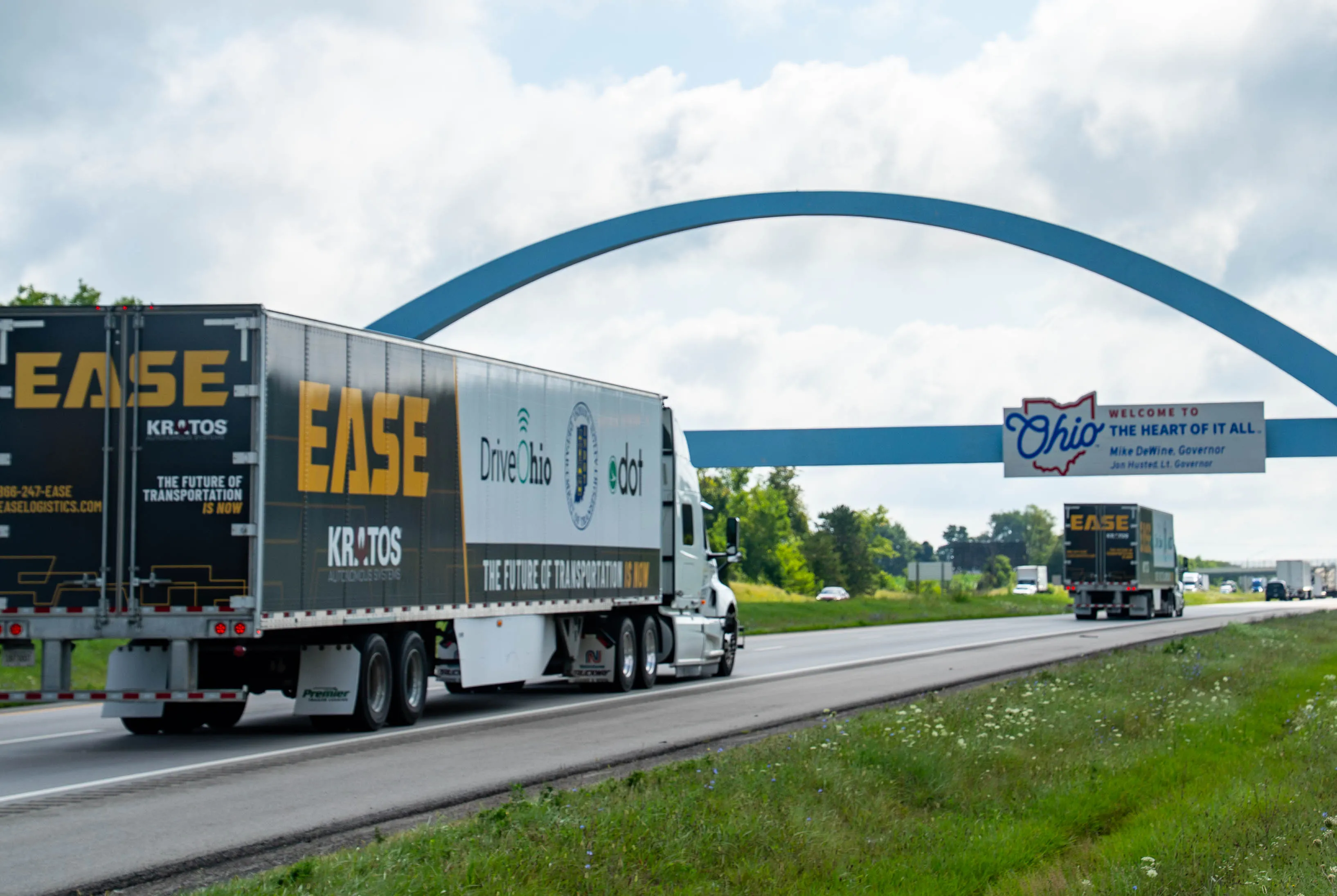Byton will incorporate Aurora’s Level 4 (L4) autonomous-driving vehicle capabilities into its vehicles in a partnership which aims to bring L4 and Level 5 cars to market. The two-year project in California will also explore the use of Aurora’s system in Byton’s series production vehicles. Dr. Carsten Breitfeld, CEO and co-founder of Byton, said: "Byton is designed for the age of autonomous driving. We are pleased to partner with Aurora, as Aurora is supremely focused on a mission to deliver the benefits of
February 7, 2018
Read time: 1 min
Byton will incorporate Aurora’s Level 4 (L4) autonomous-driving vehicle capabilities into its vehicles in a partnership which aims to bring L4 and Level 5 cars to market. The two-year project in California will also explore the use of Aurora’s system in Byton’s series production vehicles.
Dr. Carsten Breitfeld, CEO and co-founder of Byton, said: "Byton is designed for the age of autonomous driving. We are pleased to partner with Aurora, as Aurora is supremely focused on a mission to deliver the benefits of self-driving vehicles safely, quickly and globally.”
Chris Urmson, CEO at Aurora, said, "We are excited to partner with Byton, an innovator in the electric vehicle industry, to further advance our goal of delivering self-driving vehicles quickly, broadly and safely. We look forward to piloting this technology in California."
Dr. Carsten Breitfeld, CEO and co-founder of Byton, said: "Byton is designed for the age of autonomous driving. We are pleased to partner with Aurora, as Aurora is supremely focused on a mission to deliver the benefits of self-driving vehicles safely, quickly and globally.”
Chris Urmson, CEO at Aurora, said, "We are excited to partner with Byton, an innovator in the electric vehicle industry, to further advance our goal of delivering self-driving vehicles quickly, broadly and safely. We look forward to piloting this technology in California."








